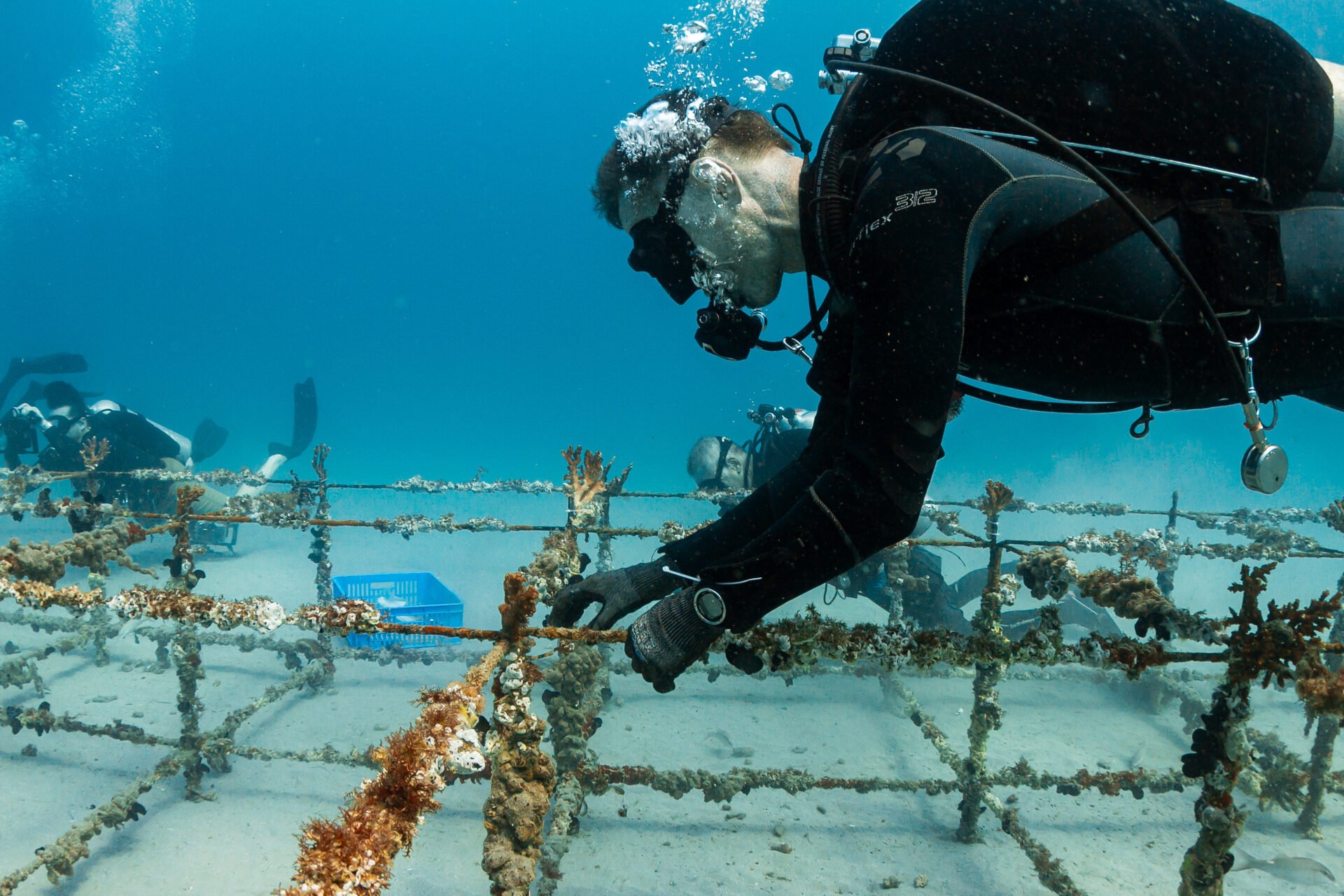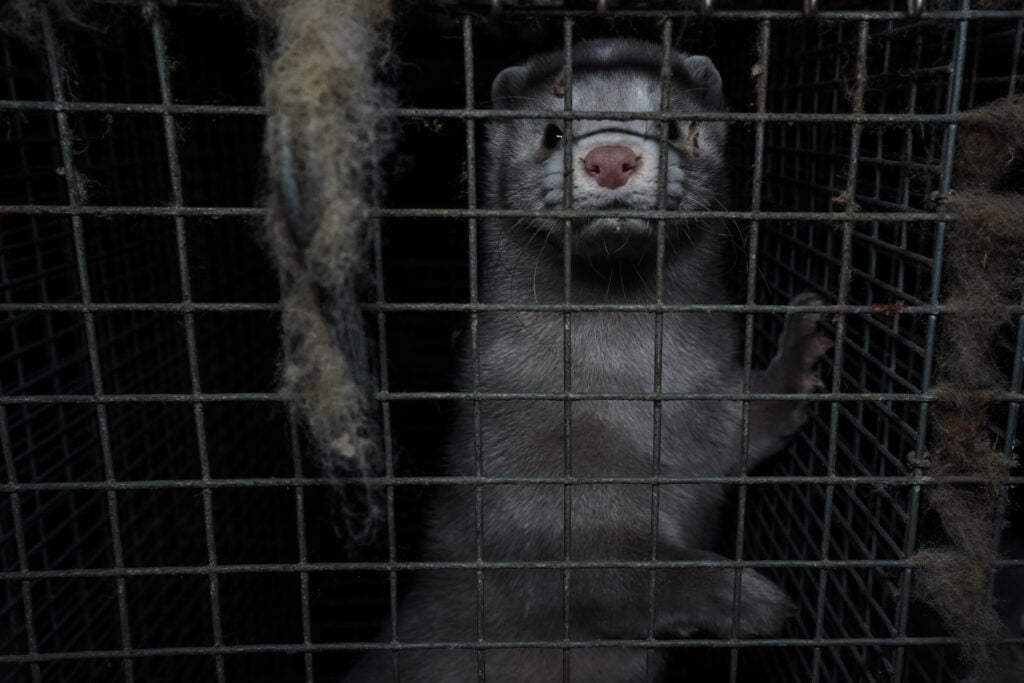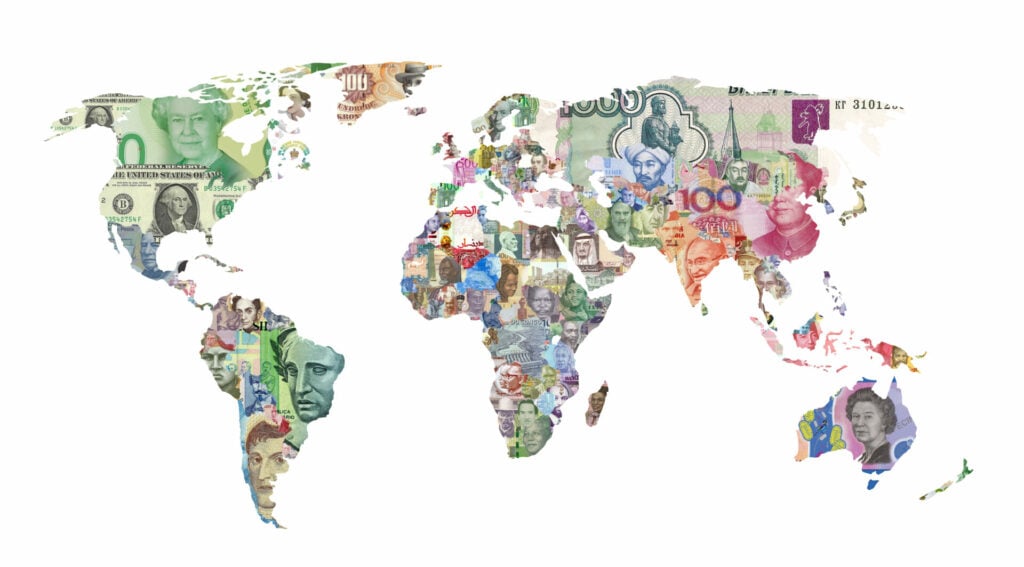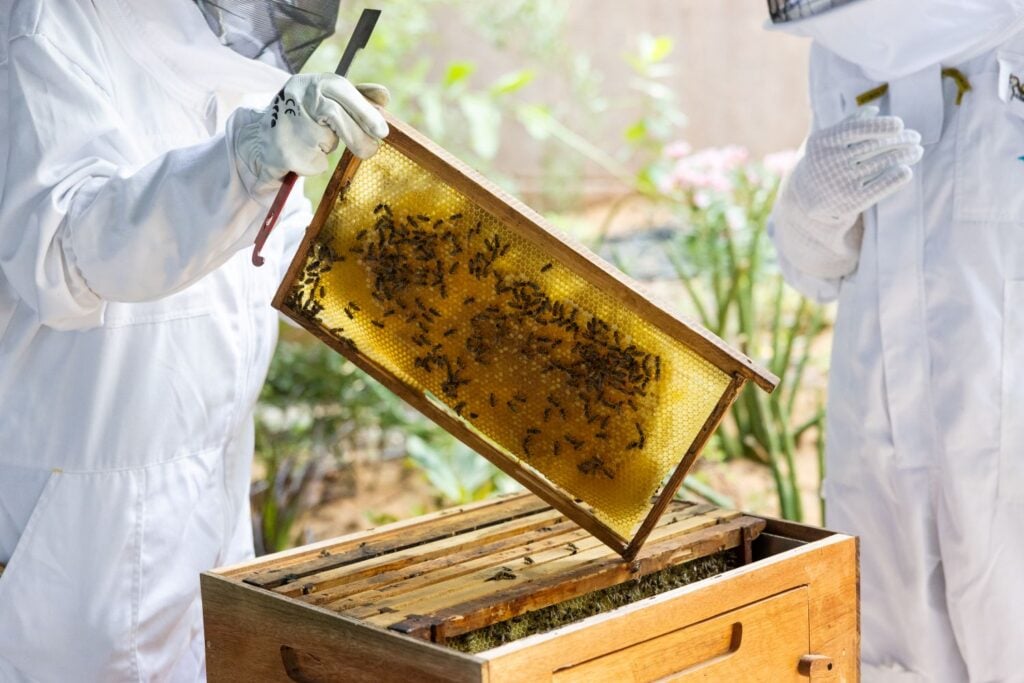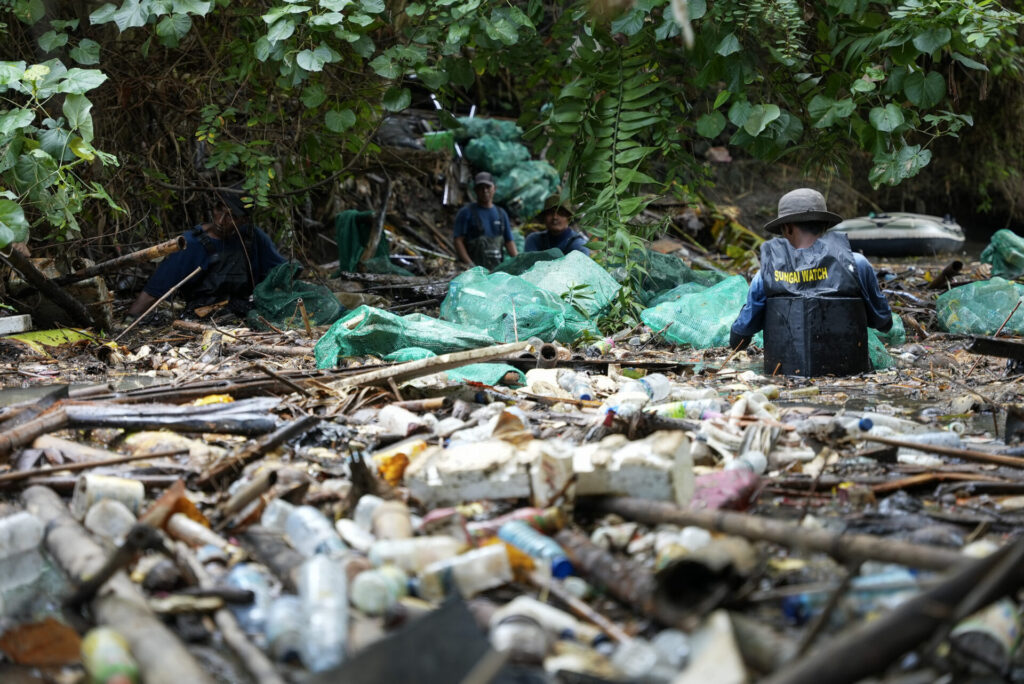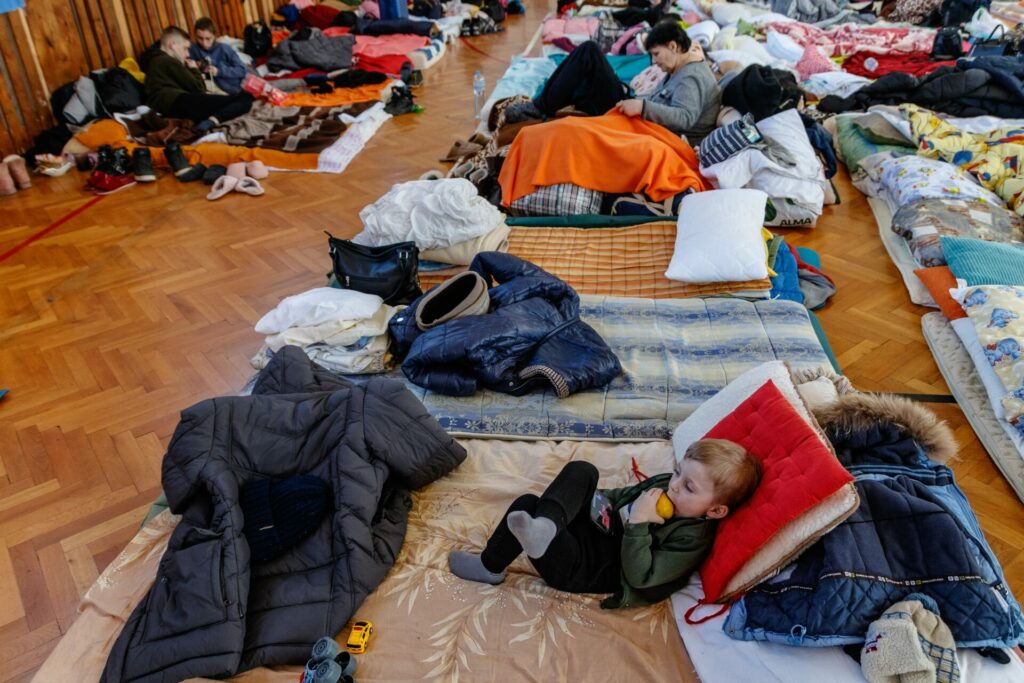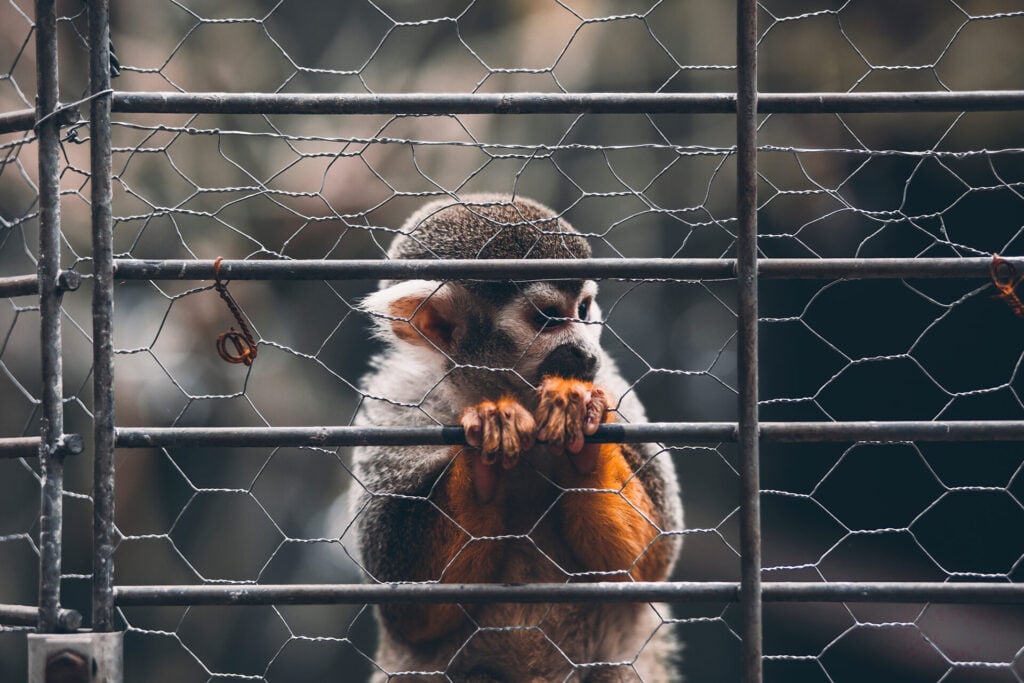As the world races to restore fragile ecosystems, a new alliance in the UAE is proving that technology, science, and community can make a real impact. Canon’s World Unseen 2.0 has officially launched its Middle East chapter in partnership with Freestyle Divers through Project REEFrame, a coral restoration initiative to rebuild the UAE’s underwater ecosystems.
The collaboration is the regional expansion of Canon’s World Unseen 2.0, a global campaign designed to reveal the hidden beauty, and urgency, of ocean conservation through the power of imagery. In the UAE, that mission is Project REEFrame, a science-based initiative spearheaded by Freestyle Divers, one of the country’s leading marine conservation and diving education organisations.
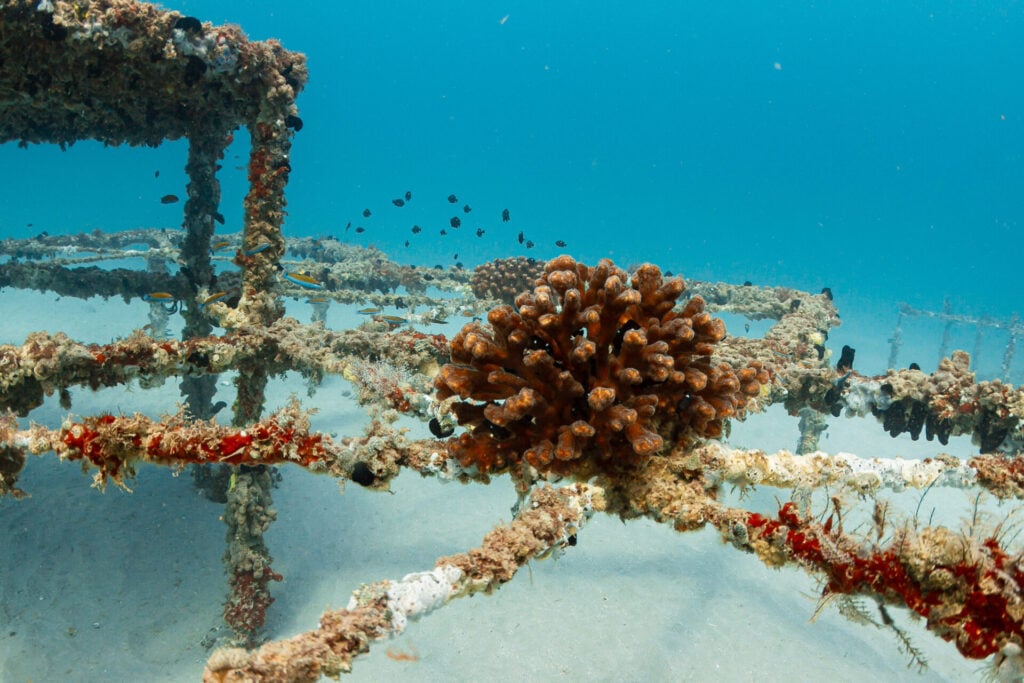
‘Coral reefs are vital to coastal protection, fisheries, biodiversity, and the blue economy of the UAE,’ says Venkatasubramanian (Subbu) Hariharan, Managing Director of Canon Middle East & Turkey. ‘By providing the tools to accurately measure, monitor, and document reef restoration at scale, we enable more effective conservation strategies and contribute to a more sustainable future for these critical ecosystems.’
The Science of Restoration
Operating on a vast 40,000-square-metre site in Dibba, Fujairah, Project REEFrame focuses on ‘whole site restoration,’ a method that integrates coral reefs with seagrass, oysters, mussels, and mangroves to rebuild complete coastal ecosystems. Working under a renewable environmental permit from the Fujairah Environment Authority and in partnership with the UAE Ministry of Climate Change and Environment, the team’s aim is to create new permanent marine habitats while equipping local communities with the skills to protect them.
‘We can’t just grow hundreds of clones of the same coral. Genetic diversity is critical. If all the coral on a reef is identical and one is vulnerable to heat or disease, you lose everything’
Darryl Owen, CEO of Freestyle Divers
‘The sad reality is that we are losing coral,’ Darryl Owen, CEO of Freestyle Divers and founder of Project REEFrame tells The Ethicalist. ‘We’re not gaining coral, but we are losing it at a slightly lesser rate than in other parts of the world. The corals here are survivors — they’ve adapted to some of the highest sea temperatures on the planet. But that resilience has limits.’
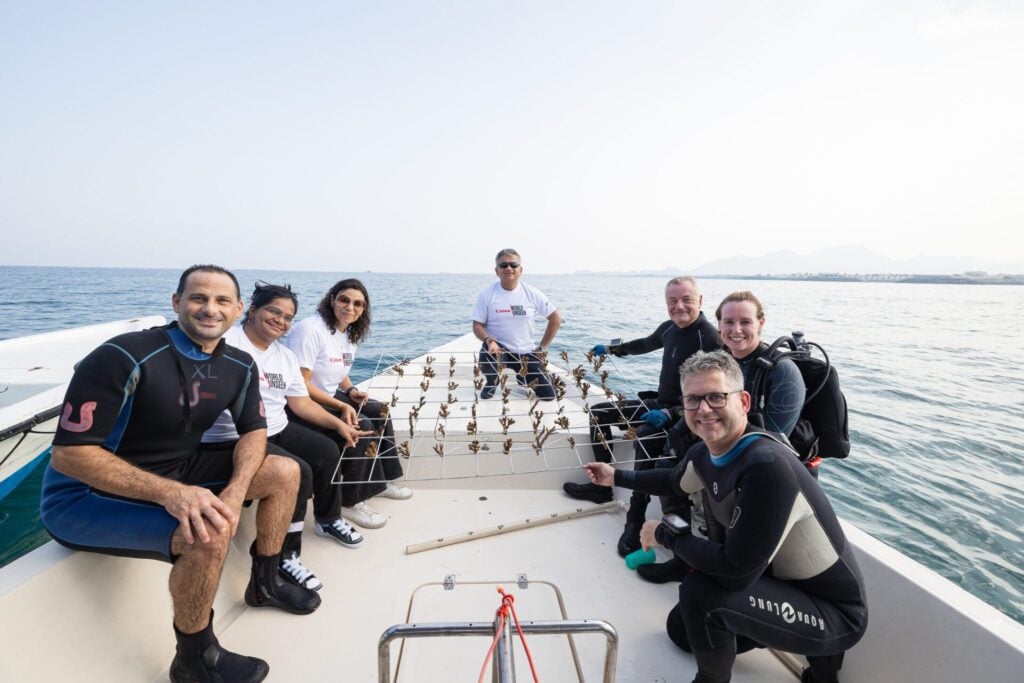
Darryl, who left a successful career in consulting to devote himself to marine conservation, explains that coral restoration is as much about biology as it is about balance. ‘We can’t just grow hundreds of clones of the same coral. Genetic diversity is critical. If all the coral on a reef is identical and one is vulnerable to heat or disease, you lose everything. It’s a bit like a small village where everyone shares the same DNA — one weakness can wipe the whole population out.’
Project REEFrame’s process begins with the collection of naturally broken coral fragments, which are then attached to nursery tables and nurtured until they’re strong enough to be transplanted onto new reef structures. ‘In the same way you can take a cutting from a rose and grow another plant, coral fragments can regenerate,’ Darryl says. ‘Nature gives us the material; we just give it a safe place to grow.’
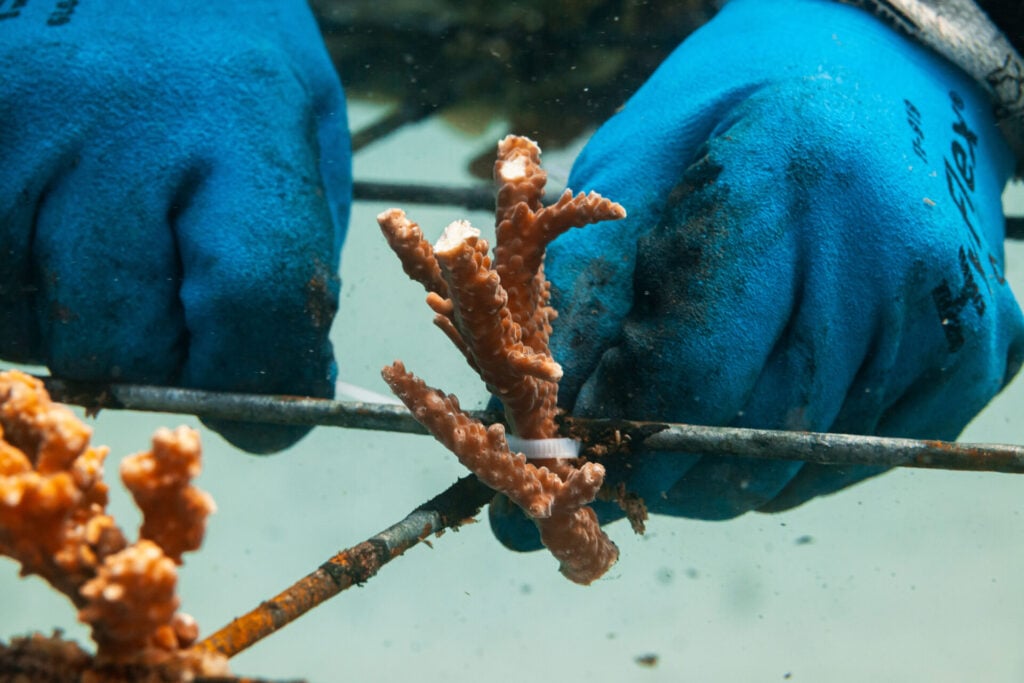
Technology Meets Conservation
Canon’s role in the partnership goes far beyond sponsorship. The tech giant is providing advanced imaging systems, including the EOS R8 and PowerShot G7 X Mark III cameras with underwater housing and lighting, to support scientific monitoring and documentation. These tools allow Freestyle Divers’ team to capture high-resolution data on coral growth, colour, size, and biodiversity recruitment, offering scientists a visual record of progress and challenges.
‘Project REEFrame relies on accurate visual documentation to measure our impact and advance our scientific understanding,’ says Darryl. ‘Canon’s technology is fundamental — from tracking individual coral growth to developing autonomous systems that will allow us to scale our efforts across the entire site.’
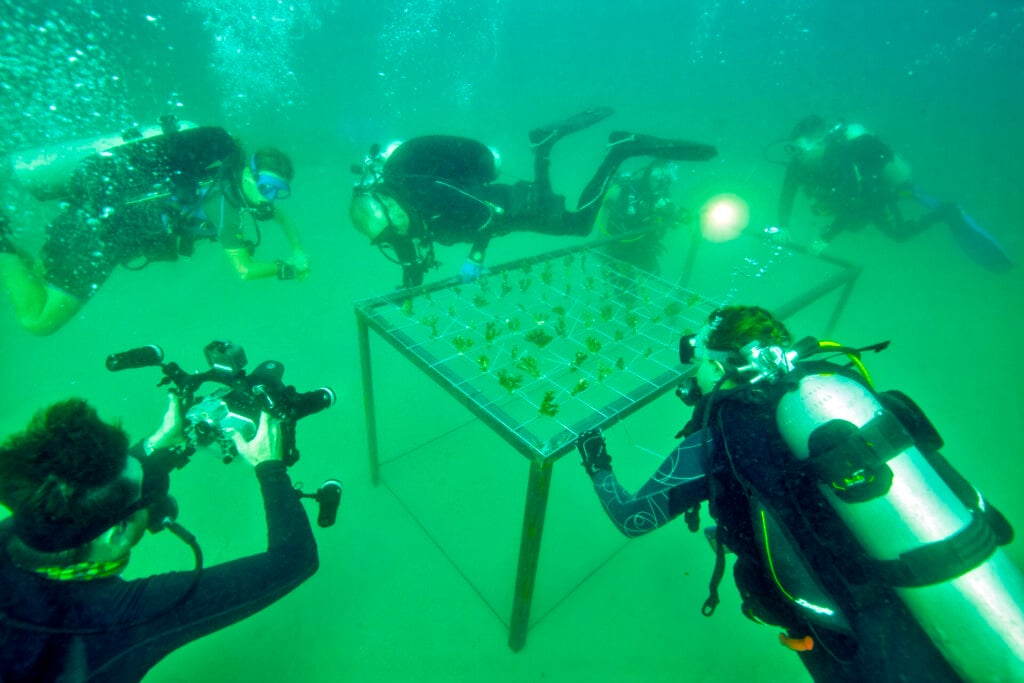
Canon is equipping the project with professional printers to create high-quality exhibitions that showcase the beauty of the UAE’s reefs and the restoration process, a crucial element of World Unseen 2.0.
What sets Project REEFrame apart is its emphasis on community participation. The initiative runs training sessions for Canon employees, local residents, and diving enthusiasts, from coral analyst courses to underwater photography workshops through Canon Academy. Volunteers are invited to take part in coral maintenance dives, creating a bridge between scientific restoration and citizen engagement.
‘It’s about giving people ownership of conservation,’ says Darryl. ‘When someone plants a coral fragment with their own hands, they’re not just watching change — they’re part of it.’
This grassroots approach echoes Canon’s long-standing corporate philosophy of Kyosei: ‘living and working together for the common good.’ It’s a principle that resonates with the project’s mission: to connect people with the ocean in ways that foster both wonder and responsibility.
A Race Against Time
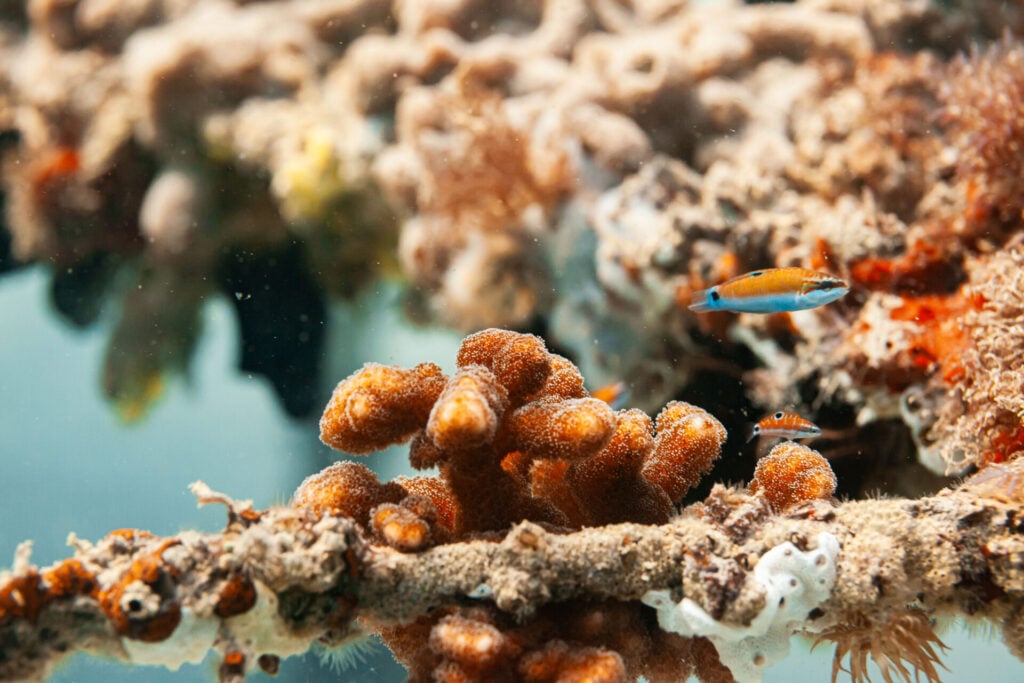
The urgency of this work cannot be overstated. In 2021, record surface water temperatures of 34°C led to widespread coral bleaching along the UAE’s east coast. Similar events in 2023 and 2024 caused severe damage to reefs on the west coast. As ocean temperatures continue to rise globally, scientists warn that coral ecosystems could face collapse within decades without immediate, coordinated action.
Yet amid the grim statistics, there’s hope. Darryl Owen explains that while UAE corals have adapted to some of the planet’s highest sea temperatures, understanding that resilience could help inform global reef restoration efforts.
Ultimately, World Unseen 2.0 and Project REEFrame represent more than a collaboration between a tech company and a dive centre. They’re a vision for how innovation and empathy can work hand in hand to restore the planet’s most precious systems.
‘This partnership reminds us that progress doesn’t always mean new, sometimes it means renewal,’ says Hariharan. ‘By combining imaging innovation with hands-on conservation, we can help nature tell her story, and give her a fighting chance to recover.’

